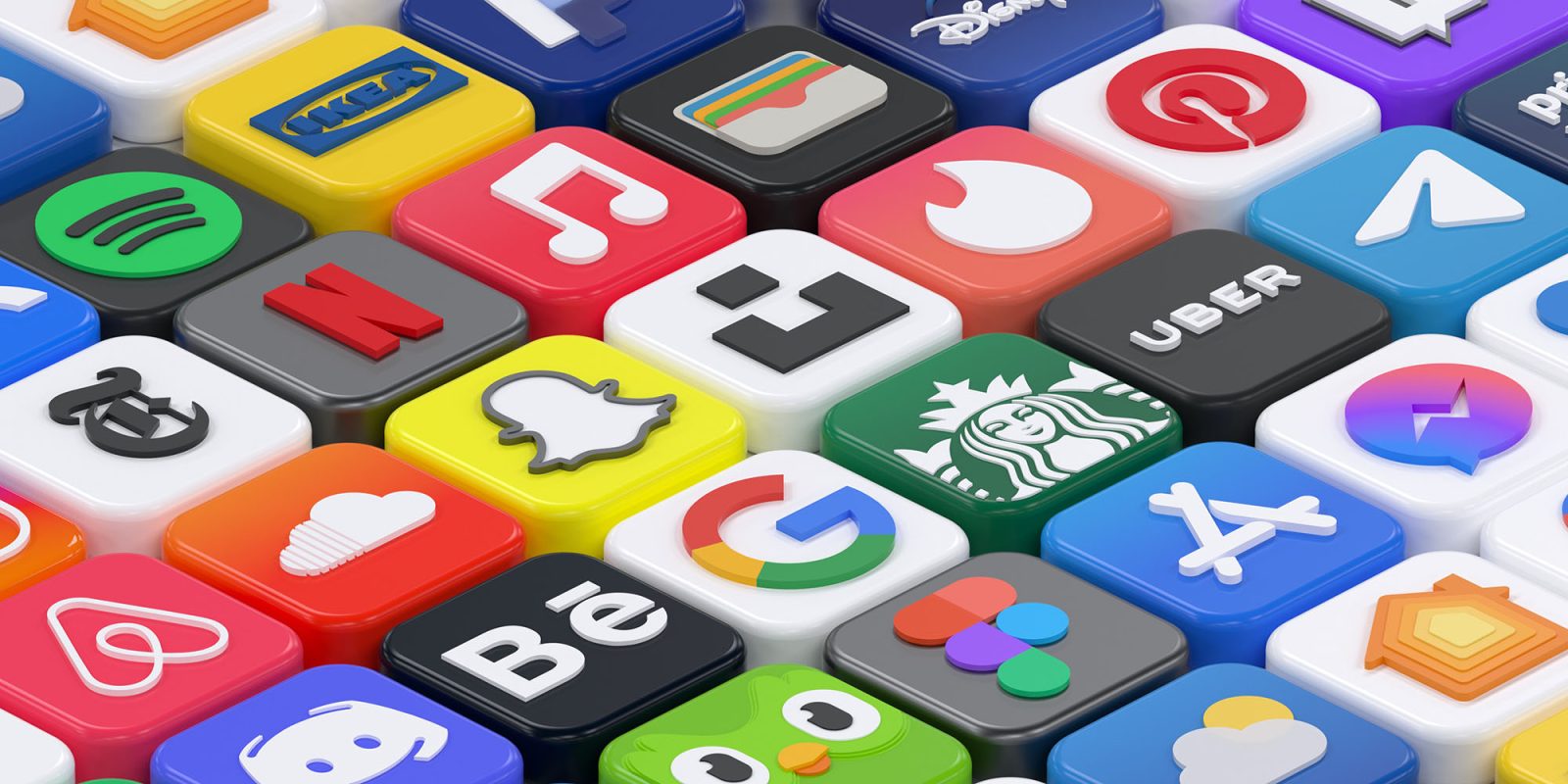
While Apple is making behind-the-scenes preparations for allowing third-party app stores to comply with Europe’s antitrust requirements, the company is continuing to make arguments about why it shouldn’t have to.
Latest among these is the suggestion that the App Store shouldn’t be viewed as a ‘platform’ as the company actually operates five different app stores …
A quick recap
Antitrust regulators have long been eyeing Apple’s exclusive control over the sale of third-party iPhone apps. Whether you’re a consumer wanting to buy an iPhone app, or a developer wanting to sell one, there’s only one place you can do so: the App Store.
Apple has complete control over which apps it allows into the App Store, and the company sets its own terms – including its 15% or 30% commission – which developers and consumers alike have to accept. Many regulators, including the European Union, consider this a breach of competition law.
The Digital Markets Act (DMA) specifically states that the App Store is covered by the law. This means that Apple must permit competition in the iPhone app market, and it’s most likely that the only way the company can fully comply with this legislation is to allow competing app stores on the iPhone. The deadline for compliance is April of this year, and Apple has long been working on plans to meet this requirement.
Apple says it has five different app stores
The DMA applies to what are described as technology “platforms,” and the EU separately defines which company’s products and services fall within this term. Apple’s App Store is one of them.
Not so, said Apple, as the App Store isn’t a single entity. Reuters reports on the argument the iPhone maker yesterday made in a European court hearing.
The European Commission made “material factual errors, in concluding that the applicant’s five App Stores are a single core platform service,” Apple said in its plea to the Luxembourg-based General Court, Europe’s second-highest.
The company in its argument to the EU competition enforcer said it operates five App Stores on iPhones, iPads, Mac computers, Apple TVs and Apple Watches, with each designed to distribute apps for a specific operating system and Apple device.
While iMessage has so far not been deemed a platform – as it doesn’t have enough regular users in Europe (WhatsApp is far more popular there, even among iPhone users) – Apple continues to make precautionary arguments against this changing in future.
Reuters’ summary makes it sound like Apple’s case here is rather sketchier!
The company contends that iMessage [doesn’t fall within the scope of the DMA] as it is not a fee-based service and it does not monetise it via the sale of hardware devices nor via the processing of personal data.
9to5Mac’s Take
The plurality of app stores probably ultimately makes little difference, as the iPhone App Store would itself be large enough to quality as a platform. But Apple may succeed in arguing that its app stores for other devices should be excluded. (The Mac App Store should already be safe, as users are free to download and install apps direct from developers.)
The argument that Apple doesn’t monetize iMessage “via the sale of hardware devices” seems more of a stretch, since the company is on record as knowing the power of iMessage to sell iPhones and keep users locked into the Apple ecosystem.
The Cupertino company likely wants to throw as many arguments as possible onto the table, however, in case its usage numbers are questioned. Personally, I suspect its U-turn on RCS support is probably enough to protect it here.
FTC: We use income earning auto affiliate links. More.




